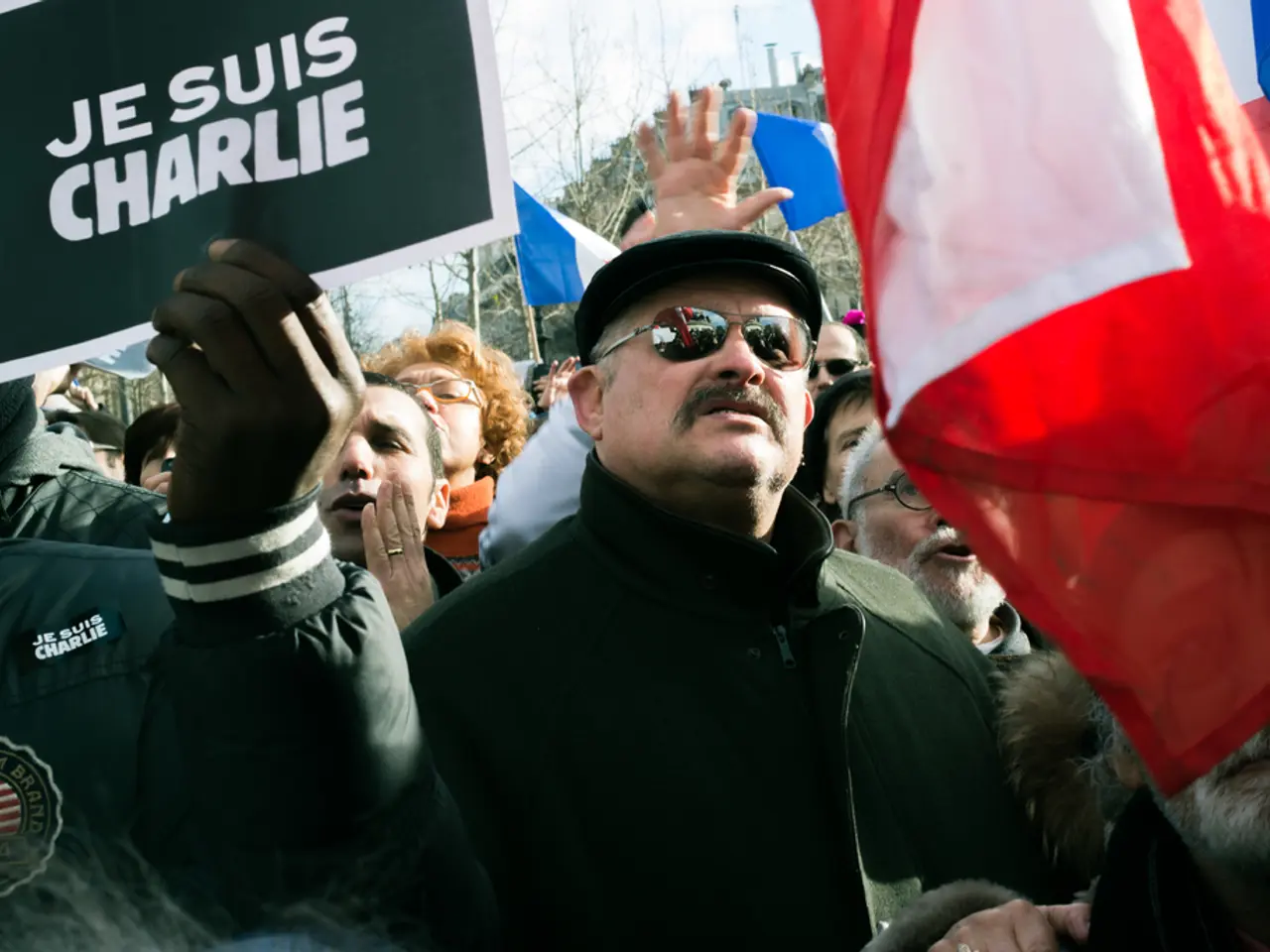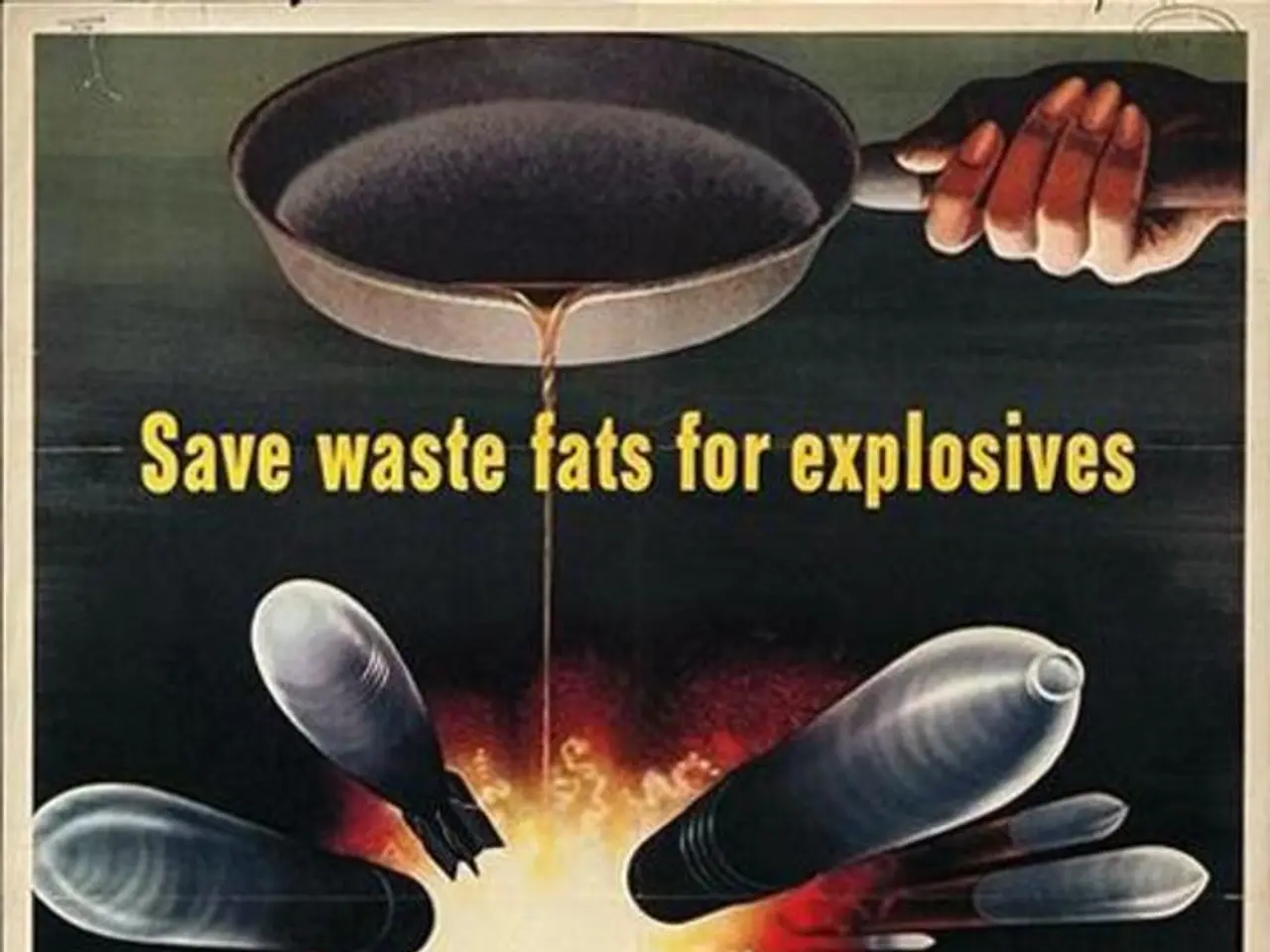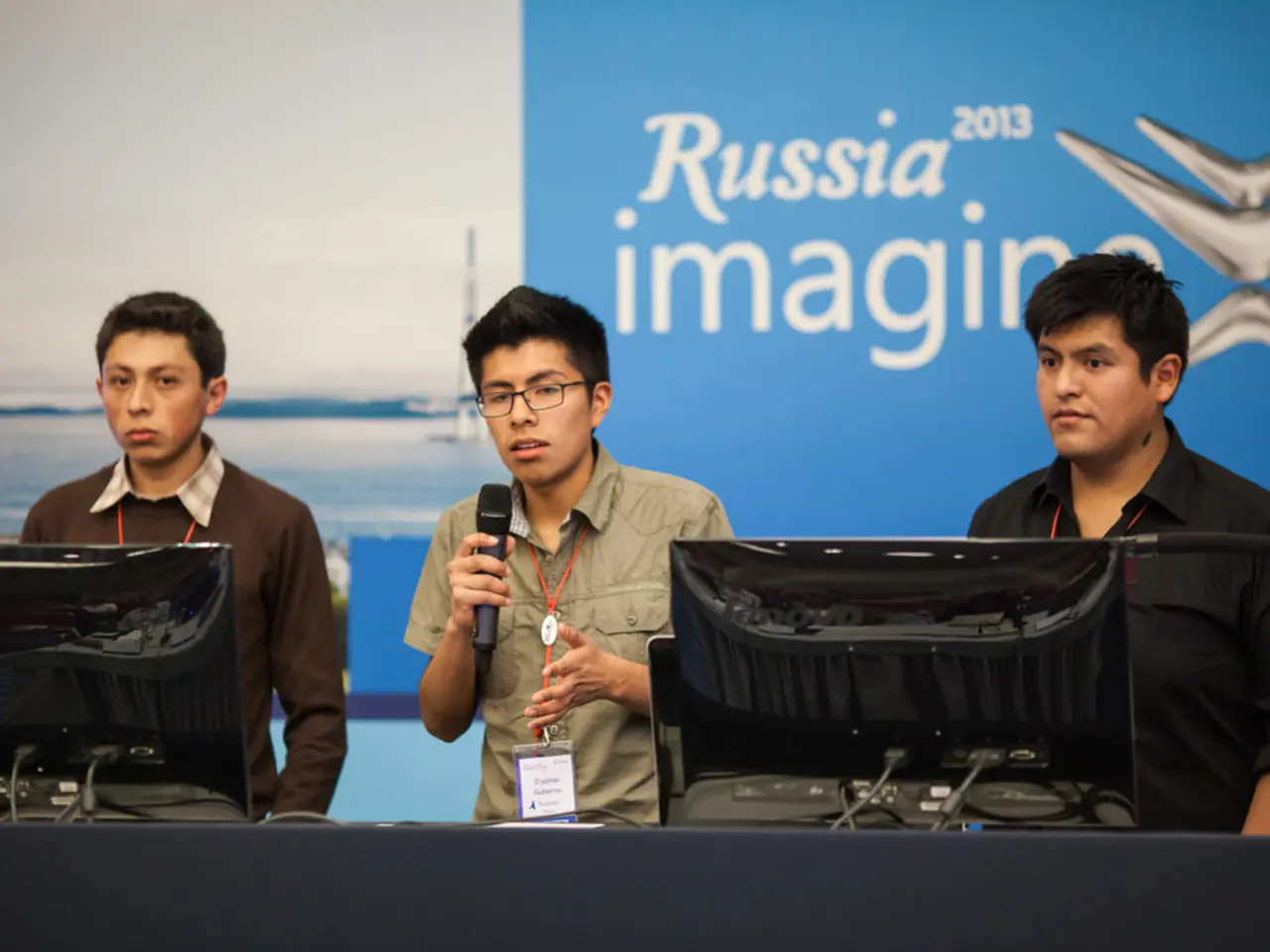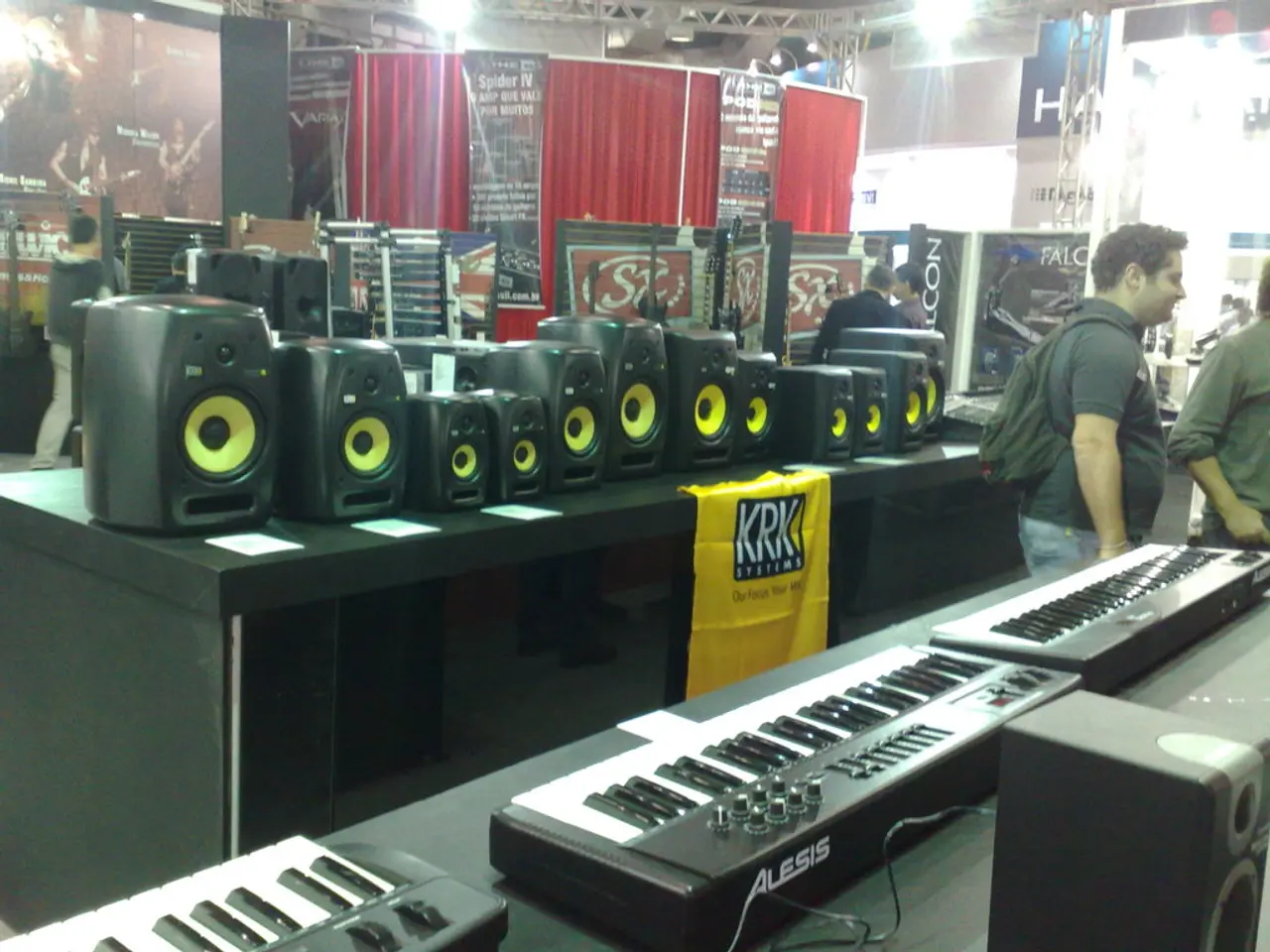A Partisan Climate, Instead of a Firearm-Oriented Society
Americans Divided on Gun Control, but Support Limits in Public Spaces
A new survey by GQR for Americans for Responsible Solutions reveals that 73% of Americans support limits on guns in certain public spaces, with 56% of Republicans in favor [1]. This support for enhanced background checks and restrictions on carrying guns in sensitive locations such as bars, sports stadiums, and protests, reflects a desire to address firearm-related violence while balancing public safety concerns with Second Amendment rights.
Political Divisions Shape Gun Control Debate
Despite this broad support for certain gun control measures, opinions are deeply polarized along political lines. According to a CNN/ORC poll, nearly half of U.S. households own firearms, and a significant portion of registered voters (43%) prioritize the protection of gun ownership rights over limiting them (23%) [3]. This political divide has been evident since 2007, with Republican prioritization of "the right of Americans to own guns" spiking during this period, while it's remained fairly stable for Democrats.
Executive Actions and the Ghost Gun Rule
During President Obama's tenure, there were notable efforts to enhance gun control, such as regulations on "ghost guns" (untraceable firearms) [2]. While later administrations, particularly under President Trump, rolled back several Biden-era firearm regulations, the Supreme Court upheld restrictions on ghost guns in 2025, including justices appointed by Trump, implying bipartisan judicial support for some firearm regulations.
The Ongoing Legal and Political Battle
The political landscape remains contentious, with firearm regulation frequently intersecting with broader issues of crime, public safety, and constitutional rights. Research and media coverage often reflect partisan views, influencing public perception and policy debates [4][5].
Public Opinion on Gun Control
An increasing number of Americans in an October NBC/WSJ poll saw Democrats as "outside the mainstream" on guns, more than on any other issue [6]. In the same poll, two-thirds of Americans support President Obama's executive actions on guns, including 51% of Republicans [7]. However, pessimism and skepticism about gun laws do not necessarily mean opposition to stronger gun laws.
Gun Ownership and Safety Concerns
The prestigious General Social Survey shows gun ownership continues to drop, with now fewer than a third of households owning guns [8]. This decrease may be due to growing concerns about safety and the effectiveness of gun laws. Gallup recently showed an increasing number of Americans feel guns make homes safer, but this mostly comes from a dramatic increase among Republicans and independents [9].
Mass Shootings and Normalization
Almost three-fourths of Americans believe mass shootings are now a normal part of American life [10]. This perception is reflected in a Washington Post/ABC News poll, where slightly more feel "encouraging more people to carry guns legally" is a better way to respond to terrorism (47%) than "enacting stricter gun control laws" (42%) [11].
Conclusion
In conclusion, the gun control debate in the United States is shaped by deep political divisions, with broad support for certain measures such as enhanced background checks and restrictions in sensitive public spaces. However, the legal and political battle over gun controls continues amid contrasting views on public safety and Second Amendment protections. The ongoing dialogue is crucial for shaping policies that balance these competing concerns.
[1] GQR survey for Americans for Responsible Solutions, 2023 [2] Supreme Court ruling on ghost guns, 2025 [3] CNN/ORC poll, 2023 [4] Research on partisan views in gun control debates, 2022 [5] Media coverage of gun control, 2022 [6] NBC/WSJ poll, October 2023 [7] CNN/ORC poll, 2023 [8] General Social Survey, 2023 [9] Gallup poll, 2023 [10] Washington Post/ABC News poll, 2023 [11] Washington Post/ABC News poll, 2023
- The poll by GQR for Americans for Responsible Solutions demonstrates that many Americans (73%) support limits on guns in certain public spaces, a figure increased by 56% of Republicans.
- The CNN/ORC poll reveals a political divide on gun control, with 43% of registered voters prioritizing the protection of gun ownership rights over limiting them.
- During the Obama administration, efforts were made to enhance gun control, such as regulations on 'ghost guns', a decision that was later upheld by the Supreme Court in 2025.
- Data from the General Social Survey shows a decrease in gun ownership over time, with fewer than a third of households currently owning guns.
- The Washington Post/ABC News poll indicates that nearly three-fourths of Americans believe mass shootings are now a normal part of American life.
- The ongoing debate over gun control is deeply influenced by political divisions, with perspectives on public safety and Second Amendment protections playing a significant role.
- Research and media coverage often reinforce partisan views, contributing to public perception and policy debates.
- A podcast discussing gun control might explore the behavior of voters, public trends on the issue, and insights gained from various surveys and statistics related to gun ownership and safety concerns.








